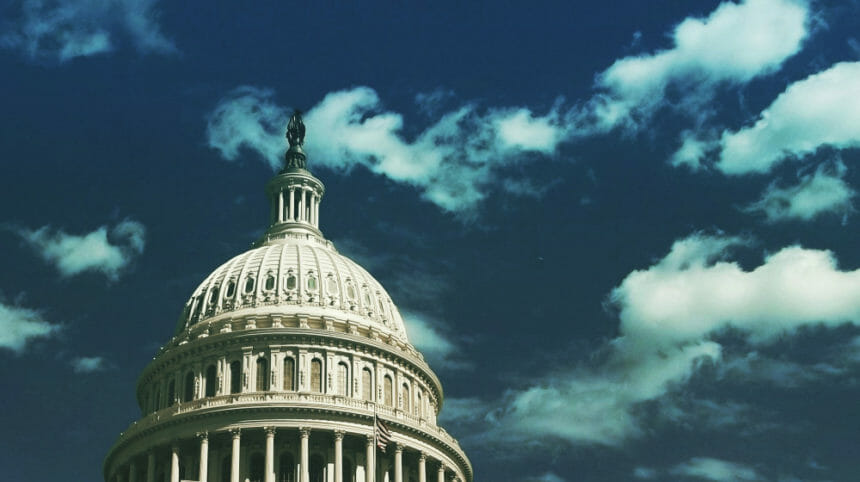After six months and several drug-price hearings, leaders of the Senate Finance Committee have introduced a wide-ranging bill to address high drug prices.
The bill has about 30 amendments to aspects of Medicare and Medicaid that its authors say would better control drug costs. A couple notable changes: capping out-of-pocket costs for seniors on Medicare; capping price increases for drugs available on both Medicare and Medicaid; and measures that prohibit spread pricing by pharmacy benefit managers.
Don’t worry, there’s just one mention of the word “advertising” in the entire 40-page document. It’s included in a provision that would require pharma companies to justify a drug’s list price by disclosing the costs that went into it, from R&D to marketing and advertising.
There are several transparency provisions that would require drugmakers to disclose prices and price increases and force PBMs to disclose rebates and prices charged to insurers to the Department of Health and Human Services or on a public website.
Biosimilars and generics would also receive more incentives and higher payments from Medicare and Medicaid if the bill were to become law. A refrain from pharma companies during this year’s drug-price hearings was that more biosimilars could bring drug costs down. It’s one piece of the bill where the industry might agree with Finance Committee Chairman Chuck Grassley (R-IA) and Ranking Member Ron Wyden (D-OR).
“Pharmaceutical companies play a vital role in creating new and innovative medicines that save and improve the quality of millions of American lives, but that doesn’t help Americans who can’t afford them,” Grassley and Wyden said in a joint statement. “Similarly, pharmacy benefit managers and insurance companies have the opportunity to negotiate lower prices, but the American people don’t know how much these middlemen pocket for themselves. This legislation shows that no industry is above accountability.”
Critics of the bill, including the drug industry and some Republicans, have said that it comes too close to price setting by, for example, proposing to cap price increases and placing a cap on out-of-pocket costs.
The Finance Committee will mark up the bill on Thursday. This legislation isn’t the last ambitious drug-price bill on the horizon; House Democrats have said they will release their own separate bill in September.
Enjoy the last few quiet weeks of summer, because these two bills are setting up a major focus on drug prices this fall.
Every Wednesday, MM&M covers health policy changes relevant to pharma and healthcare marketers. Got a tip? Contact Alison Kanski at [email protected].







